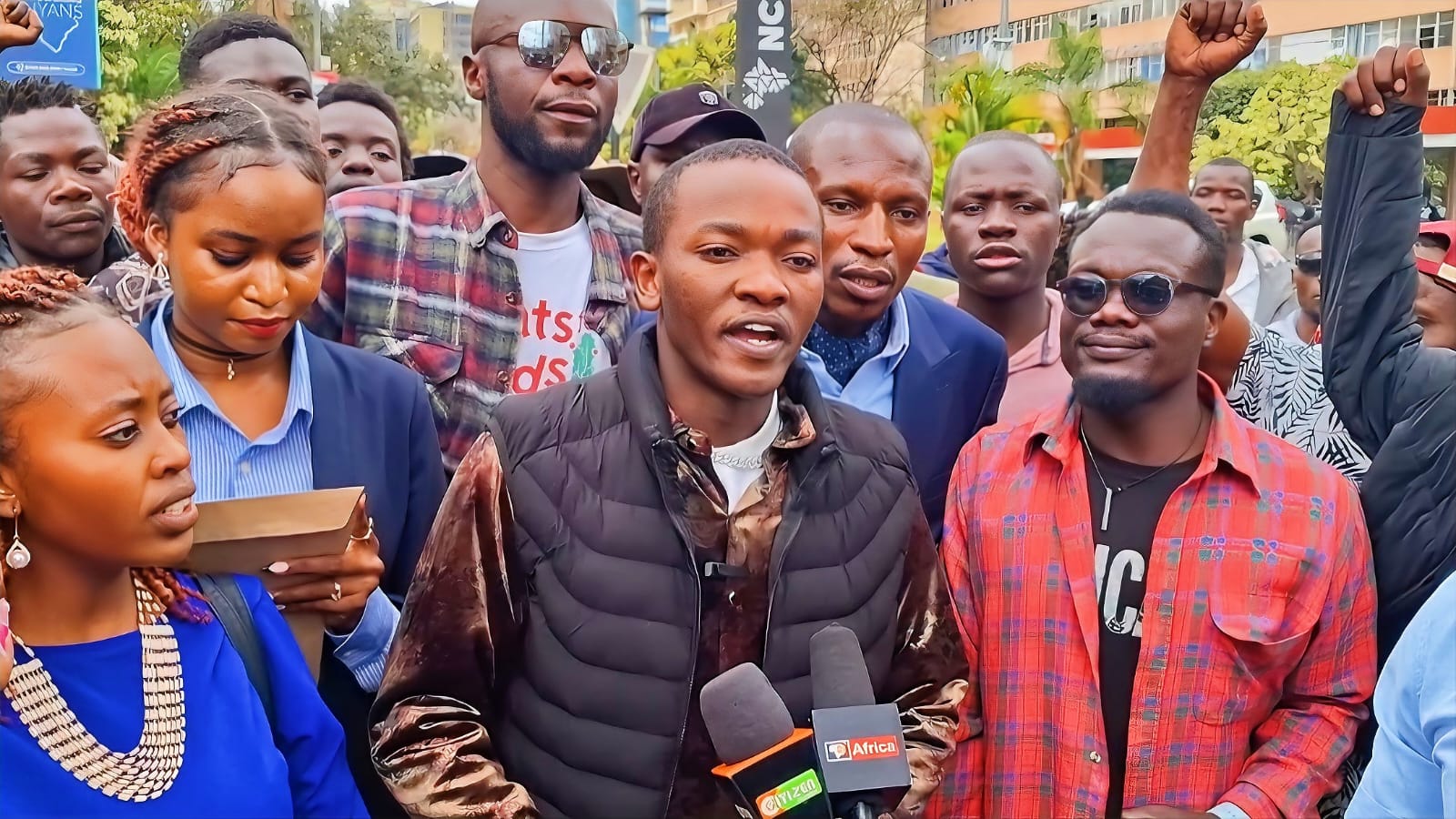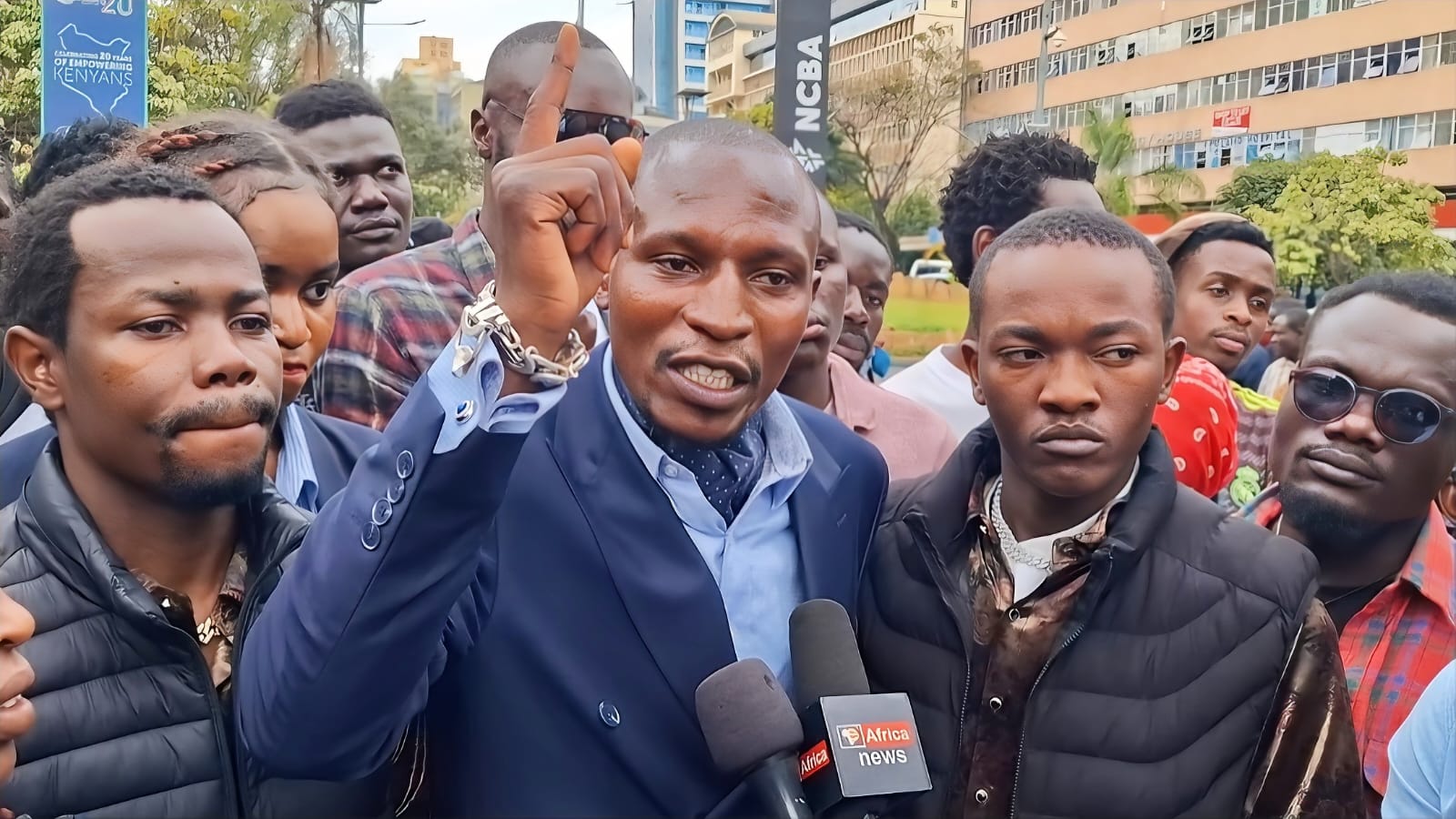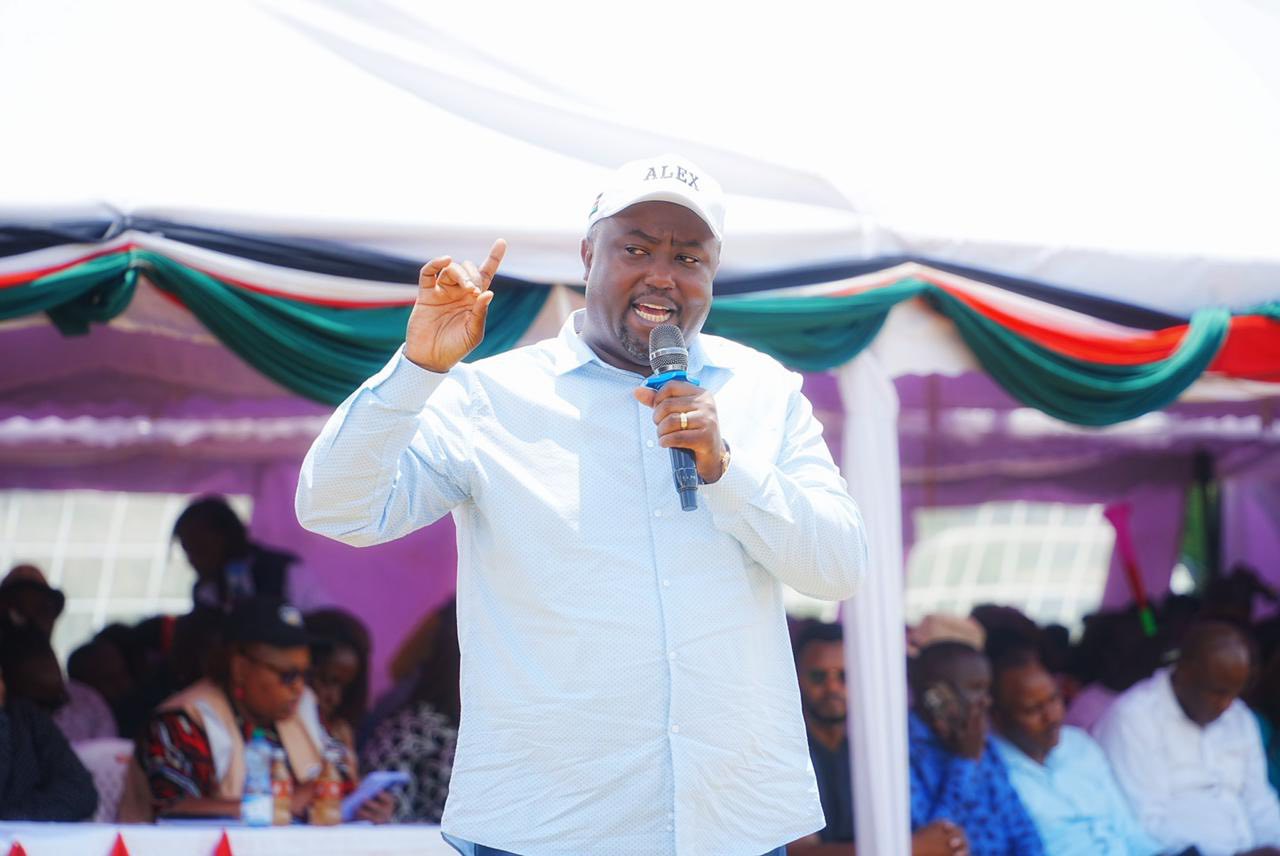The debate over media independence and accountability in Kenya took center stage today as the Vibez Tribe movement issued a strongly-worded statement accusing Standard Group Media of bowing to shareholder influence, thereby undermining democracy and public trust.
Speaking during a press briefing in Nairobi, Vibez Tribe leaders warned that the manipulation of news content by powerful business and political interests was eroding public confidence in the country’s Fourth Estate, threatening the very foundation of democracy.
“Our media, once hailed as the guardian of public interest, is now under serious scrutiny. When citizens are denied access to accurate and verifiable information, they are denied the power to make informed decisions about their country and their future. This is not just a media issue—it is a national crisis,” the group stated.
The movement pointed directly at Standard Group Media, one of Kenya’s largest media houses, alleging that some shareholders were exerting undue influence over editorial decisions. In particular, they cited claims involving shareholder Gideon Moi, accusing him of interfering with the independence of news coverage.
This comes at a time when the media landscape in Kenya is under intense pressure, with declining revenues, layoffs, and increased political interference fueling public concern about the impartiality of journalism. Critics have long argued that editorial choices in mainstream outlets often reflect the interests of powerful stakeholders rather than the public good.
In its statement, Vibez Tribe called for urgent intervention by state and industry regulators. Among their demands were:
Media Council of Kenya (MCK): To explain what measures it is taking to ensure ethical, balanced, and professional journalism.
Communications Authority of Kenya (CAK): To account for its oversight role in maintaining fairness and objectivity within Kenya’s broadcasting space.
Standard Group Media: To provide oral evidence before a parliamentary committee on its editorial policies, decision-making structures, and safeguards against shareholder interference.
Shareholder Gideon Moi: To clarify his alleged influence on editorial direction and account for his role in shaping public narratives.
While insisting that they were not calling for censorship, Vibez Tribe emphasized the need for a balance between media freedom and accountability.
“Freedom without responsibility is dangerous. Freedom without truth is chaos. We must therefore strike a balance ensuring that media remains free but also accountable to the people it serves,” the statement read.
Kenya’s 2010 Constitution protects freedom of the press, but the country’s media sector has repeatedly come under scrutiny for its relationship with political elites. Reports by watchdogs such as Article 19 and the Media Council have highlighted how ownership structures often determine editorial direction, limiting journalists’ ability to report independently.
Analysts say the Vibez Tribe statement reflects a growing public unease with how powerful interests control narratives in mainstream media, especially ahead of upcoming political realignments and debates on governance reforms.
“Media houses in Kenya play a critical role in shaping democracy. If the public loses trust in them, misinformation and disillusionment fill the vacuum, weakening institutions,” said Dr. Wanjiku Mureithi, a media analyst at the University of Nairobi.
As calls for accountability grow louder, it remains to be seen how regulators, Parliament, and the Standard Group will respond. For now, Vibez Tribe has positioned itself as a civic watchdog, pledging to rally Kenyans in defense of truth and transparency.
“The people of Kenya deserve nothing less than the truth,” the group concluded.




